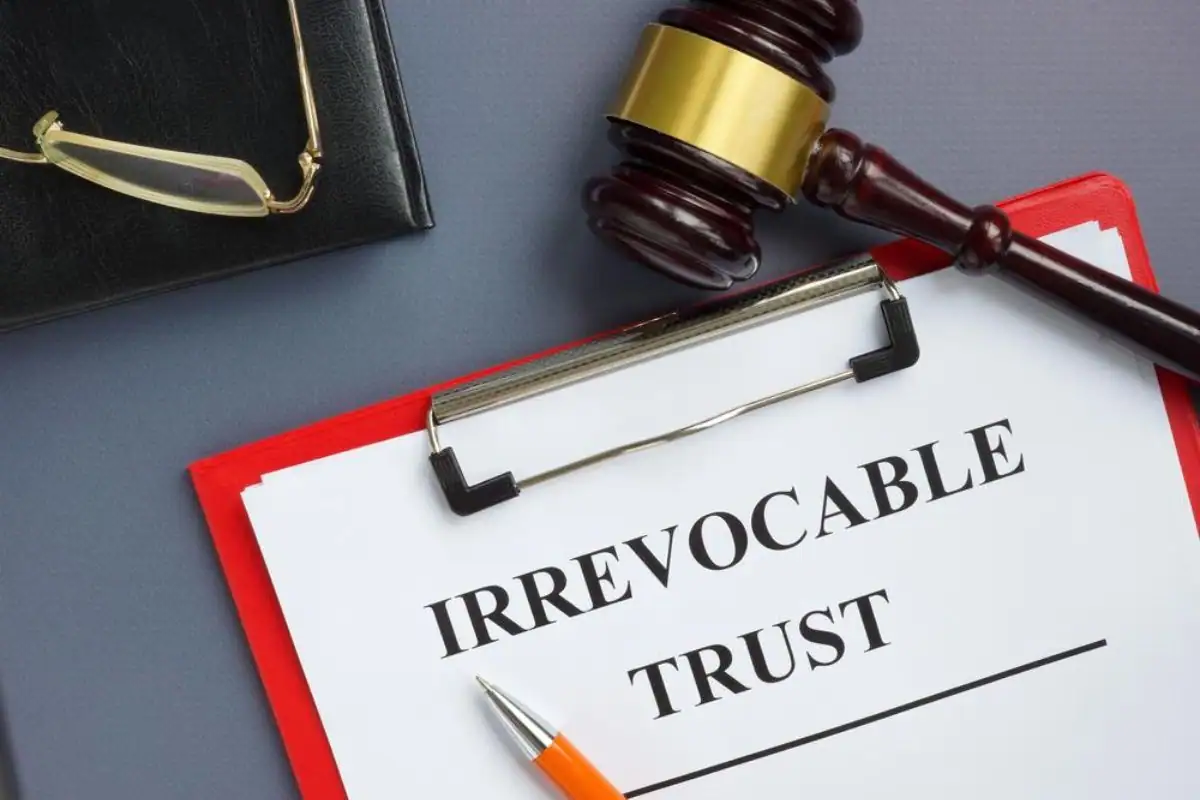Advertisement
Understanding Trust Funds: A Simple Guide
Advertisement
Trust funds are more than just deposit accounts that let you grant money to a person or organization—they're legal entities with specific purposes and rules. All trust funds have a few things in common: they involve a grantor, a trustee, and a beneficiary. Interestingly, one person can even serve in all three roles. While some folks shy away from trust funds thinking they're only for the wealthy, they're an effective way for anyone to establish an inheritance and preserve assets.
What Is a Grantor?
The grantor is the person who sets up the trust fund and donates property or assets to it. This individual decides how the trust will be managed, including the handling of income and assets. Typically, the grantor names beneficiaries and has the power to change them at their discretion. Essentially, the grantor lays the foundation for how the trust operates and who benefits from it.

Advertisement
What Is a Trustee?
The trustee is responsible for keeping the trust fund on track, ensuring proper management, and safeguarding the best interests of the beneficiaries. This role can be filled by a single person, multiple people, or even an institution. Sometimes, being a trustee is challenging because they must balance the intentions of the trust with applicable local laws. In certain cases, the trustee doesn't manage the assets directly but selects advisors or institutions to oversee the money and assets.

Advertisement
What Is a Beneficiary?
Trust funds are typically created to benefit the beneficiary. Although most beneficiaries don't own the assets within the trust, these assets are managed for their advantage. Beneficiaries have the right to ensure the trust is properly managed, and in some cases, they can even remove the trustee. While the grantor or trustee decides what happens to the assets, the trust document outlines the beneficiaries' rights, which may include distributions. They also have the right to know about the trust's activities, including accounting details. Additionally, beneficiaries can petition the court to end a trust if its purpose has been fulfilled or seems impossible to achieve.

Advertisement
Principal Assets in a Trust
Contrary to popular belief, a trust fund doesn't just hold money, stocks, or bonds. Many other assets can become part of a trust, including art collections, real estate holdings, private businesses, safe deposit boxes, bank accounts, life insurance policies, intellectual property, and even foreign assets. You can also include promissory notes for money that someone owes you. Essentially, a trust can hold a wide variety of valuable assets to benefit the beneficiaries.

Advertisement
Irrevocable Trusts
An irrevocable trust is one that can't be changed or ended without the beneficiary's permission. In this arrangement, the grantor gives up all ownership rights to the assets placed in the trust. If the grantor and beneficiary are the same person, this limitation doesn't matter much. Usually, the grantor and trustee of an irrevocable trust can't be the same individual. There are several advantages to an irrevocable trust, such as minimizing estate taxes, preventing beneficiaries from misusing assets, giving assets as gifts while keeping income from them, transferring primary residences to children, and holding life insurance policies separately from the estate.

Advertisement
Revocable Trusts
Revocable trusts, also known as living trusts, are effective financial tools for maintaining privacy and avoiding probate—the legal process of validating a will. Because revocable trusts don't go through probate, they aren't part of the public record, keeping your affairs more private. However, if an heir contests the estate in court, other heirs might obtain a copy of the trust document. Revocable trusts also make it easier for your family and executors to manage your estate after you pass away. The grantor can change the terms of a revocable trust up until their death, providing flexibility in estate planning.

Advertisement
Living vs. Testamentary Trusts
Some trust funds don't take effect until after the grantor has passed away. A trust set up during the grantor's lifetime is called a living trust. On the other hand, testamentary trusts are funded upon the grantor's death with assets from their estate. The will must include explicit instructions for transferring assets into the trust fund. It's always wise to hire an attorney to ensure the language in your trust or will clearly specifies your wishes, avoiding confusion later on.

Advertisement
Trust Taxes
One primary goal of a trust fund is to avoid excessive estate taxes. If you've set up an irrevocable trust, you won't be taxed on those assets because you've relinquished ownership. However, revocable trusts can be taxed since the grantor is still considered the owner. Understanding the tax implications is crucial when deciding which type of trust best suits your needs.

Advertisement
Considering Descendants
When naming beneficiaries for a trust fund, most people think of their children. However, provisions can be made if the children pass away before the grantor or before the trust's assets are fully distributed. Grandchildren may have rights to the trust under certain state laws, but it's important to clarify this when setting up the trust. Doing so avoids confusion or disagreements among heirs later on.

Advertisement
Funding the Trust
It's not enough to understand the purpose of a trust and set it up legally; you also need to know how to fund it. You can transfer assets that are in your name—or jointly owned with others—into the trust. If you hold assets outside the trust, the designated trustee can't manage them, and they may be subject to probate. If your trust remains unfunded at the time of your death, your executors might have to petition the court to prove you intended to fund it. Therefore, properly funding your trust is a critical step in effective estate planning.

.png)




